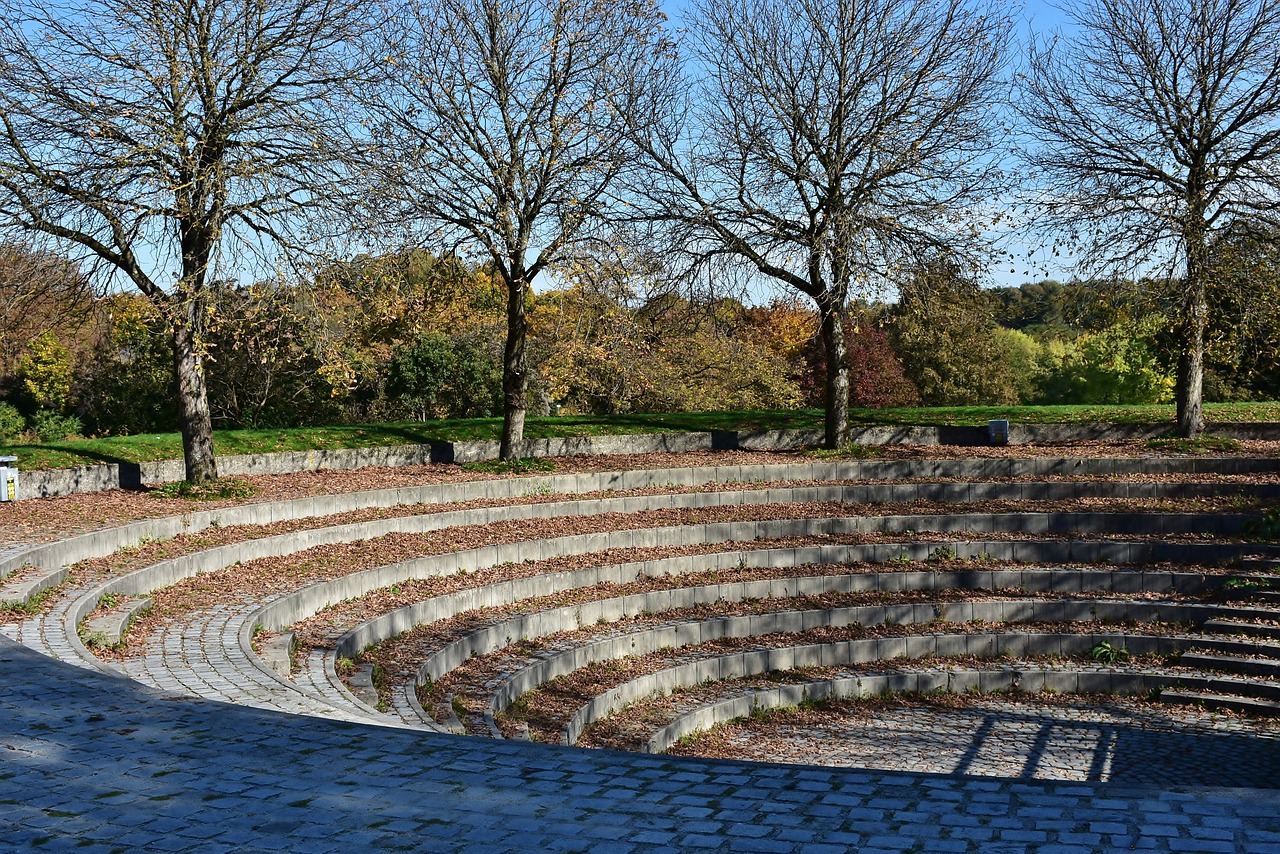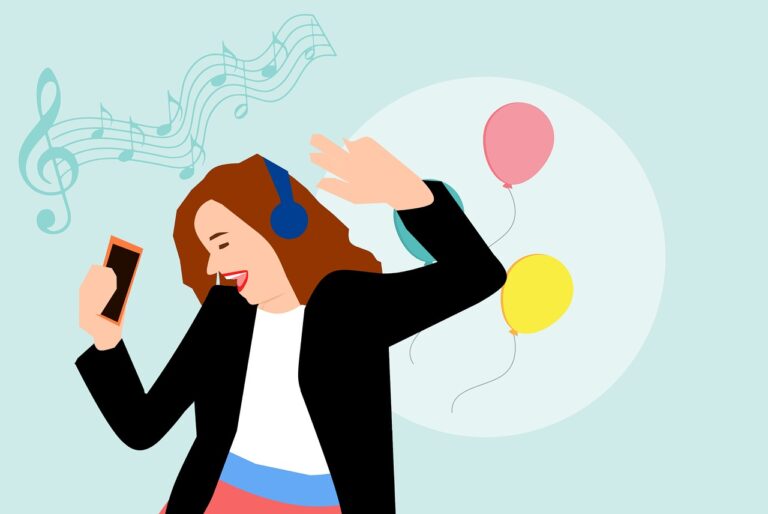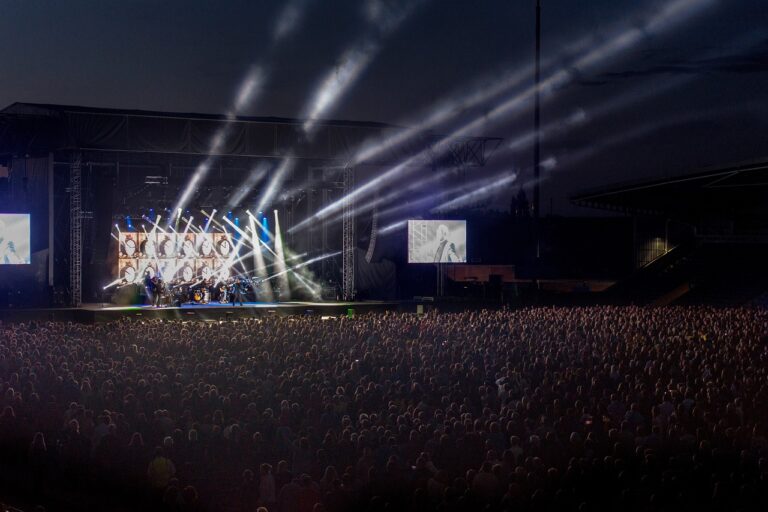The Evolution of Podcasting Interview Styles and Formats
cricket 999.com login, 11xplay online, betbhai9 id:The Evolution of Podcasting Interview Styles and Formats
Podcasting has come a long way since its inception in the early 2000s. What started as a niche form of media has now exploded into a multi-billion dollar industry, with millions of podcasts covering virtually every topic under the sun. One of the key elements that have contributed to the growth of podcasting is the evolution of interview styles and formats. In this article, we’ll explore how podcast interviews have evolved over the years, and how content creators are continually innovating to keep their audiences engaged.
1. Traditional Q&A Interviews
The earliest podcasts often featured traditional Q&A interviews, where a host would ask a series of questions to a guest and allow them to respond. This format is still widely used today, especially in more news-based and informational podcasts. While the traditional Q&A format is effective in delivering valuable information to listeners, it can sometimes feel a bit dry and one-dimensional.
2. Conversational Interviews
As podcasting grew in popularity, content creators began experimenting with more conversational interview styles. In conversational interviews, the host and guest engage in a more informal and relaxed dialogue, often veering off-script to explore different topics. This style of interview can help create a more intimate connection between the host, guest, and listeners, making the content feel more engaging and authentic.
3. Panel Discussions
Another popular interview format in podcasting is the panel discussion. In panel discussions, multiple guests join the host to discuss a particular topic or theme. Panel discussions can provide a diverse range of perspectives and insights, making them particularly popular in podcasts that focus on current events, pop culture, or niche interests. Panel discussions can also create a dynamic and lively atmosphere, keeping listeners entertained throughout the episode.
4. Storytelling Interviews
Storytelling interviews have become increasingly popular in recent years, with hosts and guests sharing personal anecdotes, experiences, and insights in a narrative format. Storytelling interviews can be incredibly powerful in creating an emotional connection with the audience, as listeners can relate to the human experiences shared by the guests. This format is commonly used in podcasts focusing on personal growth, entrepreneurship, and mental health.
5. Interactive Interviews
Interactive interviews are a newer trend in podcasting, where hosts invite listeners to participate in the conversation in real-time. This can take the form of live call-ins, social media interactions, or audience polls. Interactive interviews can help foster a sense of community among listeners and make them feel more engaged with the content. This format is particularly popular in podcasts that have a strong online presence and social media following.
6. Experimental Formats
With the increasing popularity of podcasting, content creators are constantly pushing the boundaries and experimenting with new interview styles and formats. From immersive storytelling experiences to audio documentaries, the possibilities are endless. These experimental formats can help podcasts stand out in a crowded market and attract new audiences looking for fresh and innovative content.
In conclusion, the evolution of podcasting interview styles and formats has played a significant role in shaping the medium into what it is today. From traditional Q&A interviews to interactive storytelling experiences, content creators continue to innovate and experiment to keep their audiences engaged. Whether you prefer a more formal interview style or enjoy a more conversational approach, there’s a podcast out there for everyone.
FAQs
Q: How can I start my own podcast?
A: Starting your own podcast is easier than ever. All you need is a microphone, recording software, and a hosting platform. Do some research on podcasting best practices and start brainstorming ideas for your show.
Q: What equipment do I need to record a podcast?
A: At the very least, you’ll need a microphone and recording software. You may also want to invest in a pop filter, headphones, and a quiet recording space to ensure the best audio quality.
Q: How can I attract more listeners to my podcast?
A: Promote your podcast on social media, collaborate with other podcasters, and ask listeners for reviews and feedback. Engaging with your audience and consistently putting out high-quality content is key to attracting and retaining listeners.






